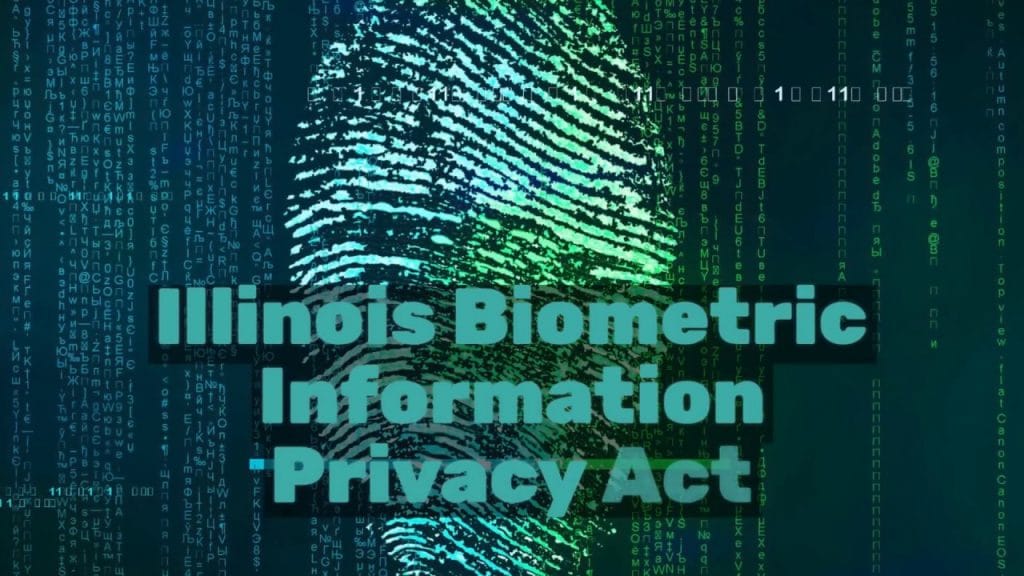|
Illinois Supreme Court Justices skeptical of
defendant position on harm in biometric privacy suit

At least three of seven Illinois Supreme Court justices appear to be
skeptical of the position expressed in oral arguments by Six Flags legal
representation that plaintiffs must allege more harm than a technical violation
under the state’s Biometric Information Privacy Act (BIPA) to establish
standing,
Law360 reports. The Rosenbach v. Six Flags case is expected to
significantly influence the status of numerous lawsuits filed in response to
technical or procedural violations of BIPA’s informed consent rules.
Six Flags attorney Kathleen O’Sullivan argued that whether an individual is
aggrieved under BIPA is a separate question from whether the statutes consent
and disclosure requirements have been violated. While BIPA was crafted to
address concerns about compromised data, O’Sullivan told the court that “did not
mean the Legislature intended to create a private right of action for someone
whose biometric data has not been compromised at all,” according to Law360.
Justice Anne Burke responded that once biometric data has been collected without
informed consent, it is “too late to wait” for it to be compromised. “They may
never know, and you can’t get your fingerprints back. It’s irreparable harm,”
she said.

Justice Robert Thomas likewise commented that the law’s purpose is to prevent
actual harm from occurring.
Chief Justice Lloyd Karmeier asked whether a lack of harm from data collection
practices means a company can violate BIPA “with impunity.” O’Sullivan answered
that the company would be exposed to risk, but that the law was created by the
Legislature to provide compensation only to harmed individuals.
Rosenbach attorney Phillip Bock was asked significantly fewer questions from the
bench in urging the appellate court’s ruling to be
overturned, Law360 reports. He argued that the privacy, property, and
informational interests were identified by the Legislature to ensure companies
are transparent in biometric data collection. He also said that biometric data
compromise is dealt with separately in Illinois’ Personal Information Privacy
Act, and that the same private right of action is contained in the state’s AIDS
Confidentiality Act.
“That doesn’t make any sense to say ‘aggrieved’ means this statute, or that
statute, can’t be enforced when the defendant does exactly what is prohibited,”
he argued.
Amicus briefs have been filed by interest groups on both sides, and attorneys
have cautioned that while the Six Flags case will establish precedent, its scope
is narrow and that it is an early step in a larger process of
establishing BIPA’s limits.
This article was originally published on
biometricupdate.com
|





